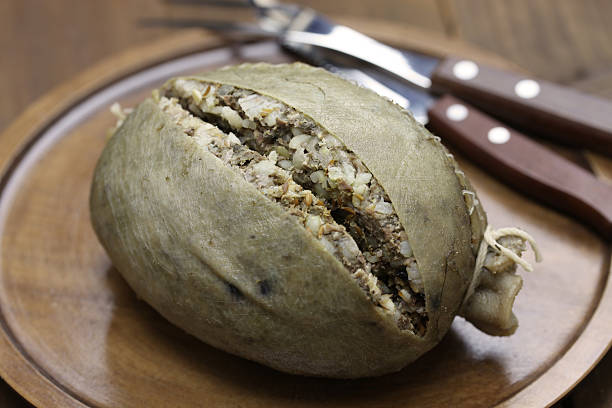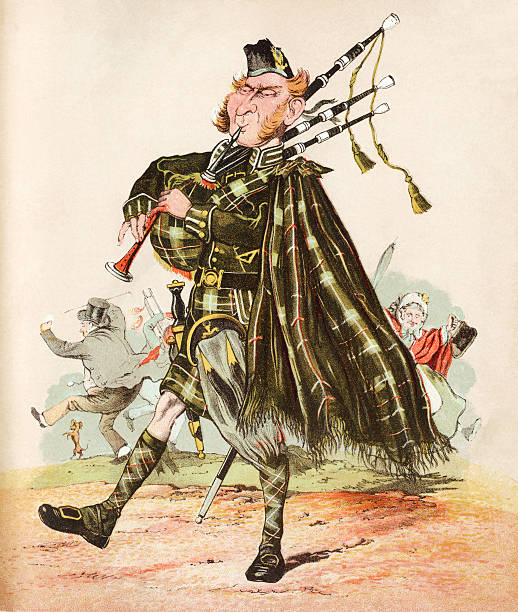Occasionally, as a writer and an educator, I get asked to speak about my books, do a reading, or hold a class.
Typically, I get asked questions during the end of those speaking sessions from the audience to whom I’m directing said speech.
Seldom are those questions worth sharing.
Except for the ones that make water squirt out your nose.
Below, a sampling, for your enjoyment, and as a reminder to me to always be prepared. I kid you not, I’ve been asked them all.
What sport would be the funniest to add a mandatory amount of alcohol to?
- I’d say it’s a tie between toe wrestling and shin kicking.
What’s the weirdest smell you have ever smelled?
- The inside of a teenaged-boy’s bedroom.
How many chickens would it take to kill an elephant?
- The person who asked me this was definitely already three sheets to the wind.
What types of penises are typically found in Chinese three-penis liquor?
- Unsurprisingly, I did not know the answer to this, also unsurprising, I will never research the answer.
How long can snakes survive in bottles of wine?
- According to certain tabloids, snakes can survive the marinating in alcohol for about a year. According to anyone who knows anything about animals, it is believed that many tabloid writers are marinating in alcohol themselves when writing their drivel.
Are there real unicorn tears in Unicorn Tears Gin Liqueur?
- Well, of course there are.
If whisky could no longer be called whisky—what would it be called?
- It doesn’t really matter, but it would still be called “frequently.”
What would be the absolute worst name you could give a whisky?
- Weapon of Mass Deception.
Do you think hobbits or elves would make better distillery workers?
- Actually, yeast cells are the hardest distillery workers around, as long as they are kept warm and fed and not overcome by alcohol poisoning—which sadly happens to every single one of them.
If you could make one thing whisky-flavored, what would it be?
- Kale. Maybe more people would find it palatable.
Do these stairs go up?
- Today only.
What time is the midnight buffet?
- *facepalm
If you could work anywhere, where would it be? (asked right in front of my employer)
- “Ha ha ha, such a silly question. Where else could be better? So happy.”
Would you rather have no nose or no tongue?
- This one resulted in simply giving security a nod and then the person was searched for a weapon.
If Cognac and whisky were having a punch-up, who do you think would win?
- What biker bar did you just come from?
When does Oktoberfest start?
- Seriously??
Does the U.S. Government still poison alcohol?
- Thankfully, none of the manufacturers of alcohol that I personally am acquainted with have received any demands from the government to taint our products since the end of Prohibition, but hey, these are interesting times, right?
How many bottles of whisky are exported from Scotland every second?
- 42
Is it true that Kentucky has more barrels of bourbon than people?
- yes
What about Scotland?
- 4 casks for every citizen
Why did the NATO phonetic alphabet change the “W” position from William to Whiskey?
- A handful of letters represented by names were booted from the original string, but maybe it was their PR department hoping to beef up their “cool” factor.
How many calories does a pour of whisky contain?
- 65 – Fewer than a banana.
I really like educating people on whisky—or stairs, or how our current calendar system works. It’s all part of a profession that allows me to pass on countless bits of information that fall under the realm of science, engineering, and occasionally, alchemy.
But whether it’s a question of biology or bullpucky, there’s a curious mind behind it. And I will always do my best (okay, almost always) to satiate that inquisitiveness. And to leave you with a quote from Roald Dahl: A little nonsense now and then is relished by the wisest men.
~Shelley
For the time being, the blog is closed to comments, but if you enjoyed it, maybe pass it on to someone else. Email it, Facebook it, or print it out and make new wallpaper for the bathroom. If it moves you, show it some love and share. Cheers!
Don’t forget to check out what’s cookin’ in the Scullery and what we all gossiped about down in the pub. Or check out last month’s post and catch up











